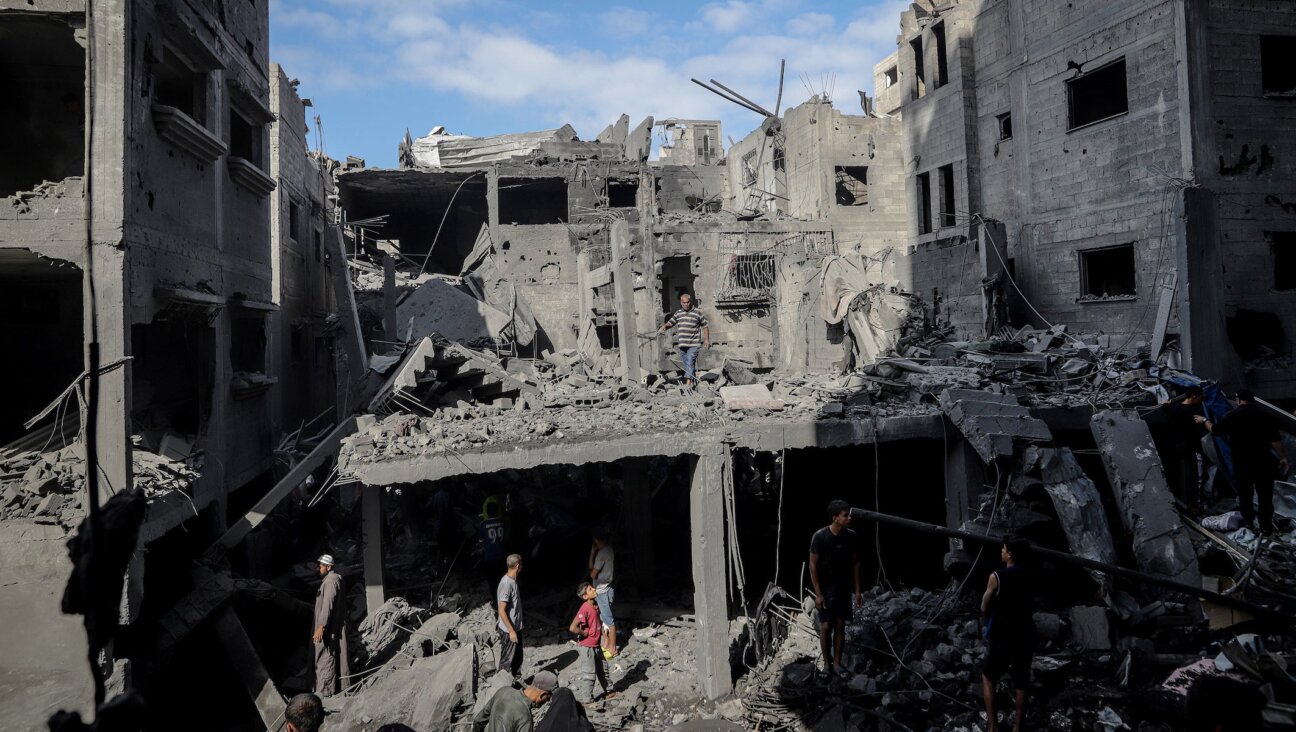The Triangle Legacy
A century later, why does a fire in a garment factory resonate so deeply?
The deadly inferno at the Triangle Waist Company on March 25, 1911, is being commemorated in hundreds of different events, coast to coast, in word, song, poetry and deed, because it represents many of the touchstones of the American experience. It speaks to us in a powerful historical voice with contemporary urgency because it’s not just one story. It’s a labor story, a union story, an immigrants’ story, a women’s story, a community’s story. And beyond the iconography of these intertwining special interests, the fire represents both the ruthlessness of unregulated 20th-century capitalism and the triumph of America’s optimistic brand of advocacy and action.
It is important that we not forget these many components. The vast majority of those who burned and perished that day were poor, immigrant women, mostly Jewish and Italian, working long hours in a non-union shop under brutal conditions. They were on their own to deal with their circumstances and to try and improve them. “There is nothing to be expected from outsiders,” Abraham Cahan, editor of the Forverts, wrote in a plaintive editorial after the Triangle owners were acquitted by a jury (stacked with their own peers) of any responsibility for the unnecessary deaths of their employees.
A century ago, government regulation was scant, justice skewed to favor the wealthy, union strength was still embryonic, and women wouldn’t get the right to vote for another nine years. Facing this inequity directly, women and men used the force of their numbers and their passion to drive reform, and to shame some of the powers-that-be into joining them.
Championing their cause was this newspaper. In a manner that might seem inappropriate today, the Forverts immediately drew itself into the story, informing, galvanizing, excoriating, healing — bringing together a community in mourning and helping channel its grief into sustained advocacy. There was no question where the newspaper stood. “The blood of our victims screams out at all of us,” Cahan wrote.
Dedicated activists helped bring about reforms that have made working conditions in this country far safer and fairer, though the task is not over, and may never be. That is why the legacy of the Triangle fire is, for us, also a journalistic charge that a century later still anchors and animates our work.
















